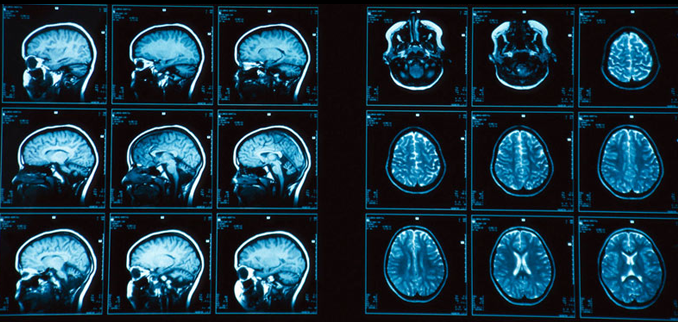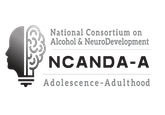ALCOHOL IN ADOLESCENCE - ADULTHOOD
Alcohol Use is Prevalent in Adolescence and Young Adulthood
Alcohol is the most commonly used substance by youth. Surveys show that 61% of high school seniors report having used alcohol in their life, and past month alcohol use increases from 6% to 28% between 8th and 12th grade. Of great concern is the prevalence of alcohol intoxication and binge drinking, with 12% of high school seniors reporting an episode of binge drinking (5+ drinks in a row in the past two weeks; Miech et al., 2022 )
Alcohol May Be Harmful to the Developing Adolescent Brain
Important changes are occurring in the brain during the transitions from late childhood through adolescence and into young adulthood. Sensation seeking and risk-taking, characteristics that are hallmarks of adolescence, likely contribute to increases in alcohol initiation during this developmental period. Alcohol use may harm adolescents’ brains and cause different development as compared to those of young people who don’t drink alcohol. Heavy drinking adolescents have been shown to score poorly on tests of attention and visual spatial ability compared to nondrinking youth, and these effects persist into adulthood. Scientists have also found anatomical abnormalities in the brains of adolescents with problematic alcohol use. Overall, heavy drinking during adolescence has been associated with lower cognitive ability and abnormal brain development, suggesting that the adolescent brain is more vulnerable to the toxic effects of alcohol. Impaired brain functioning resulting from early alcohol use may have negative effects on the ability of youth to control their emotions and behavior as well, which can lead to long-term problems in academic, occupational, and social functioning.
Click on the links below for more information on the consequences of adolescent drinking:
http://www.niaaa.nih.gov/alcohol-health/special-populations-co-occurring-disorders/underage-drinking
http://www.niaaa.nih.gov/alcohol-health/special-populations-co-occurring-disorders/college-drinking


